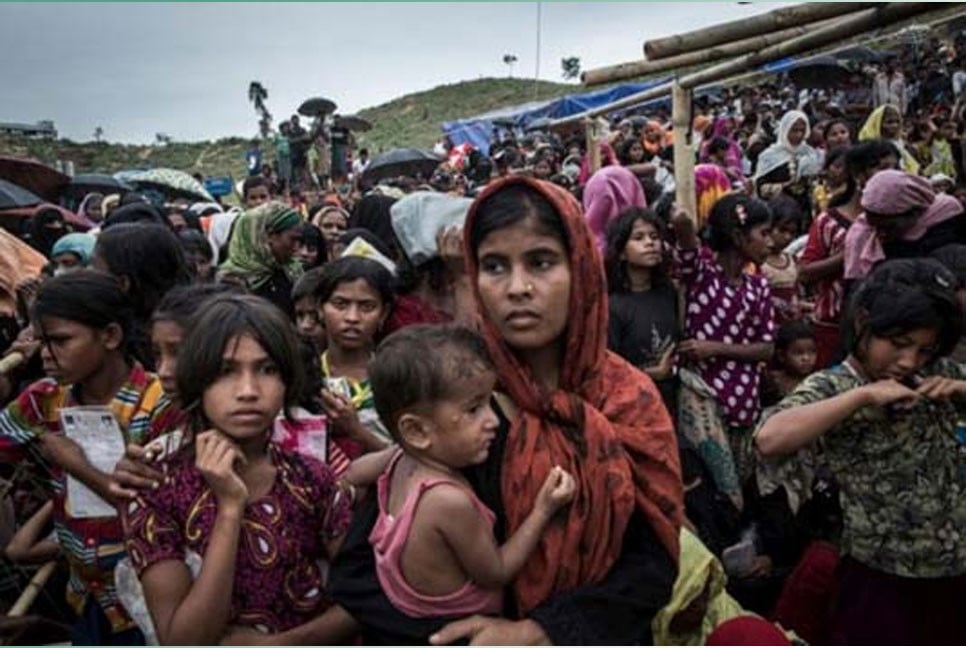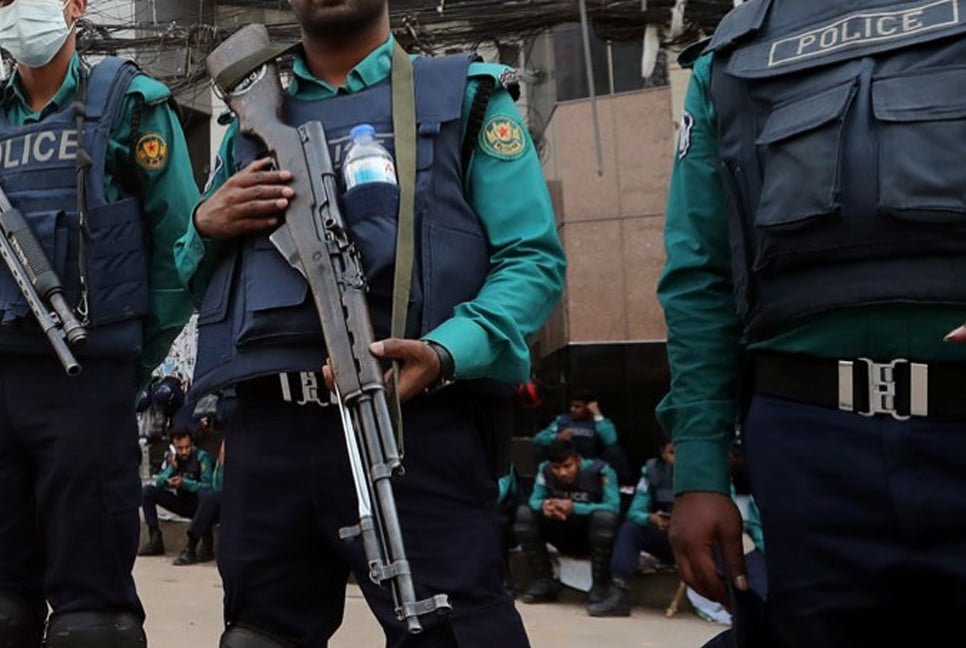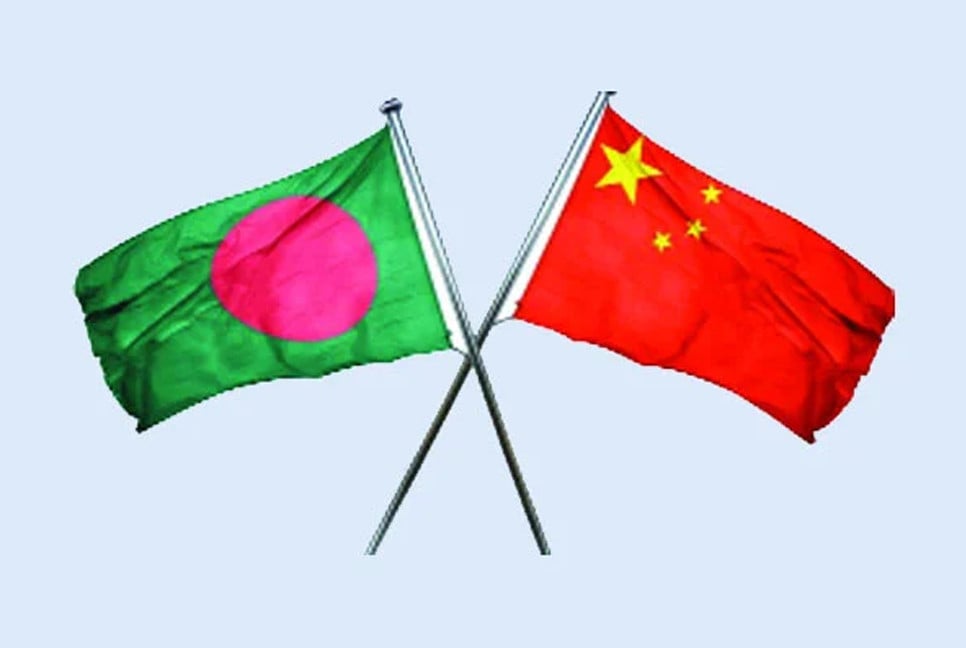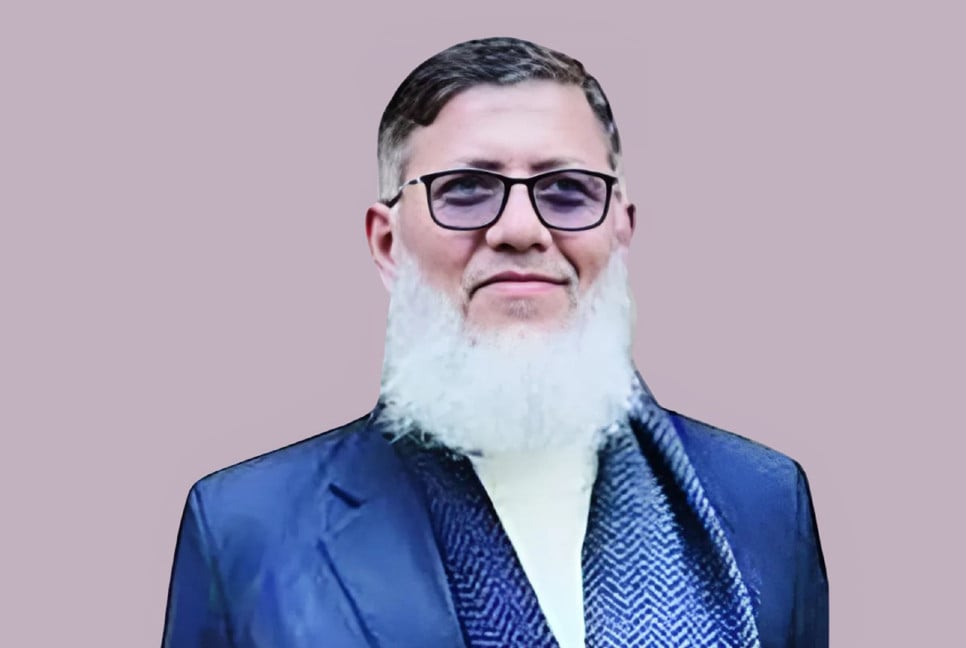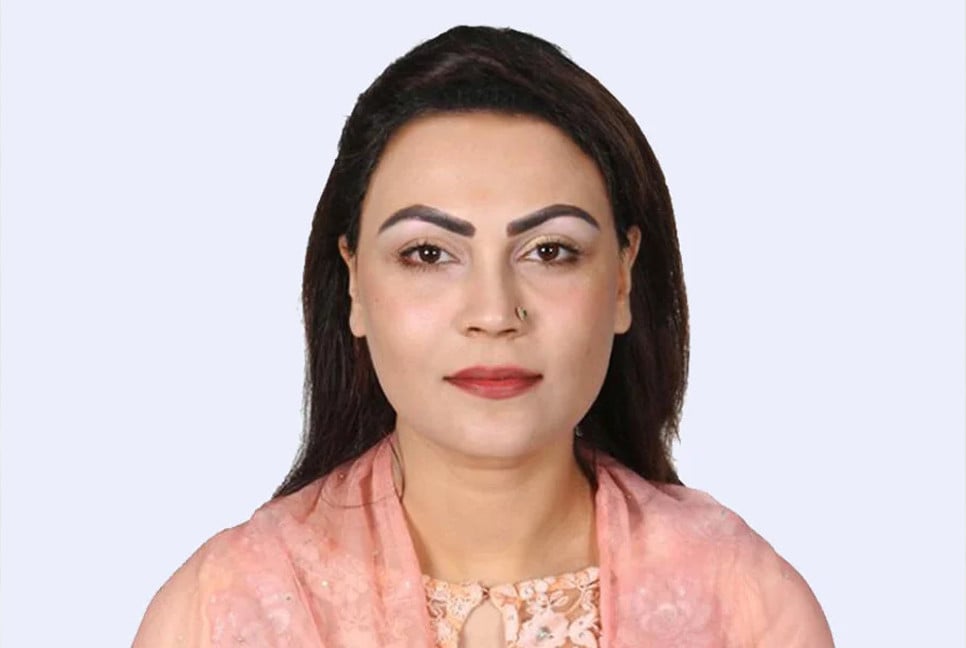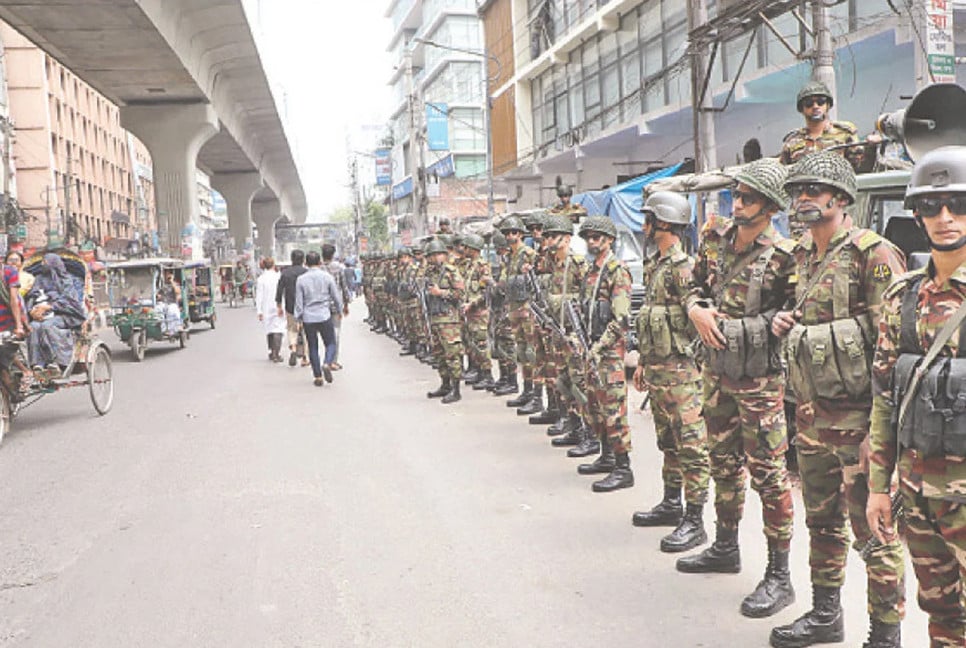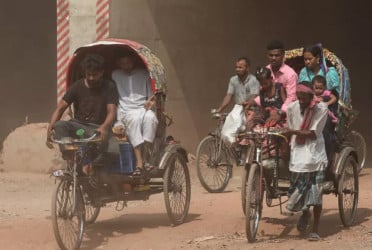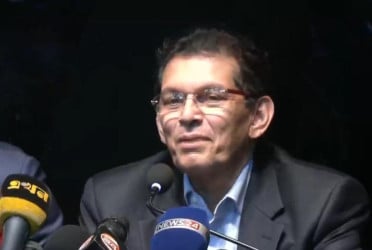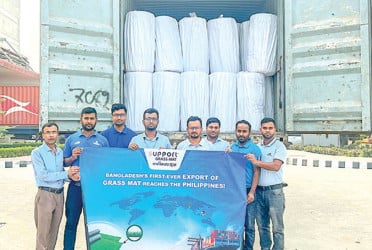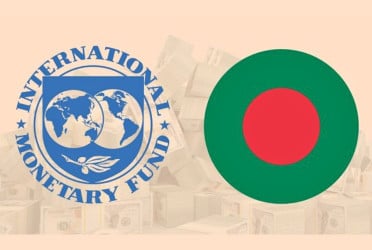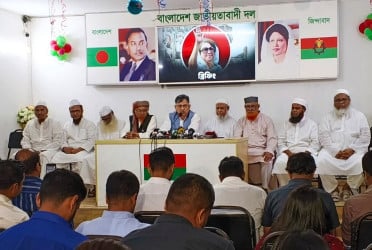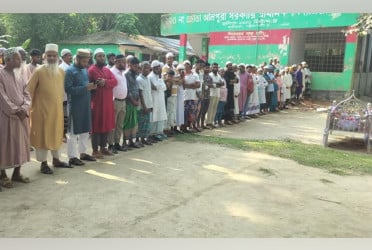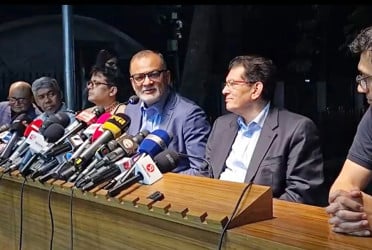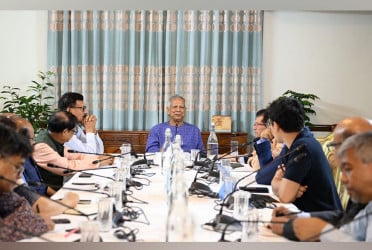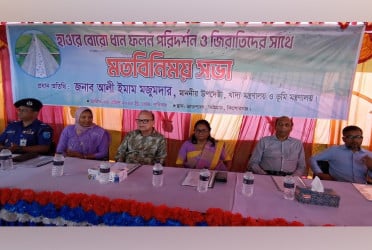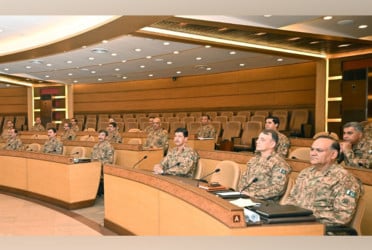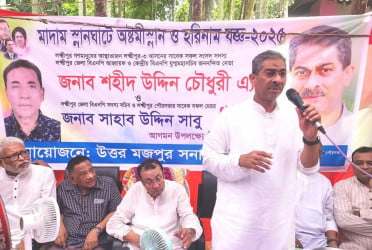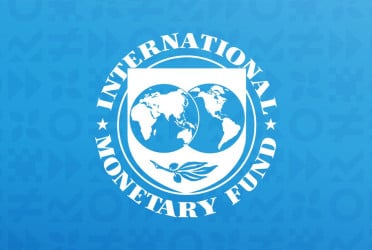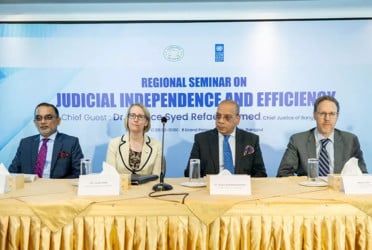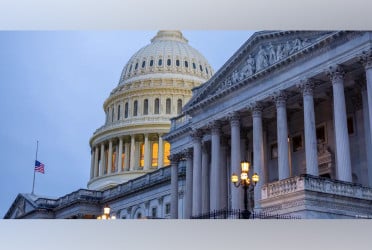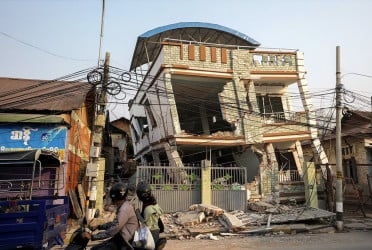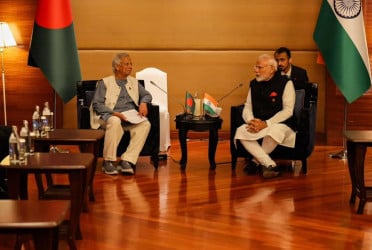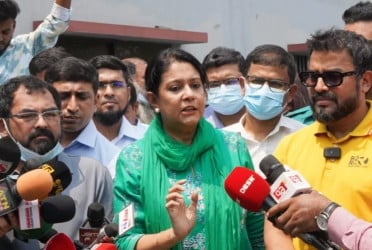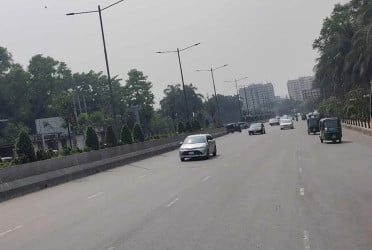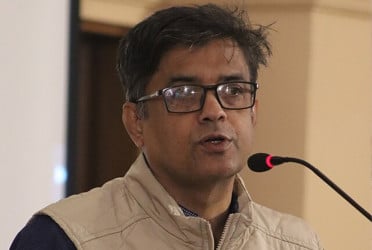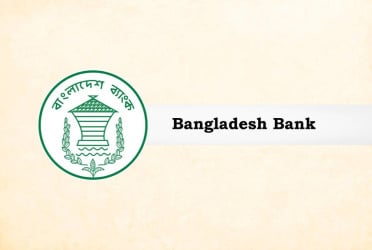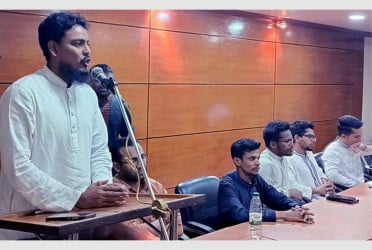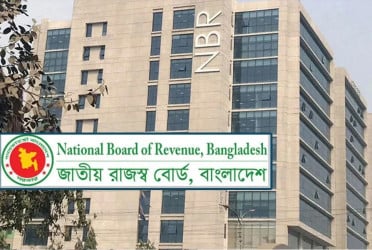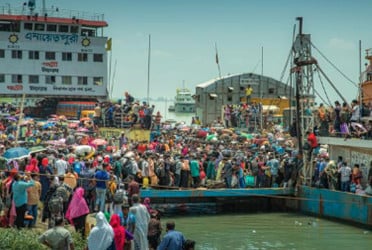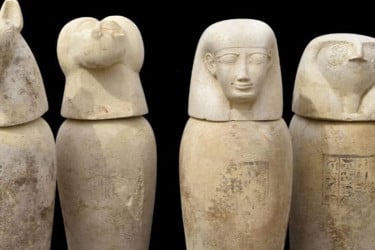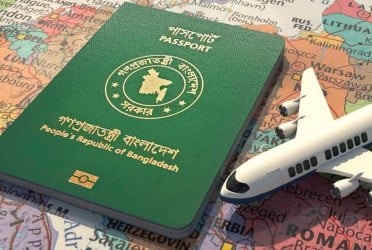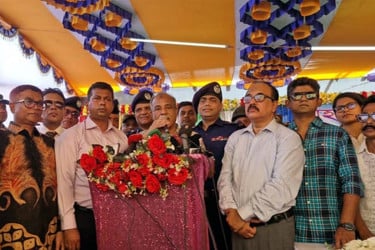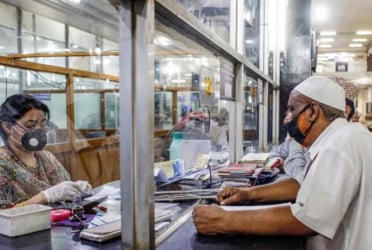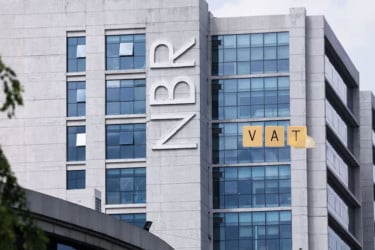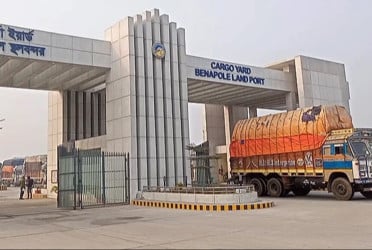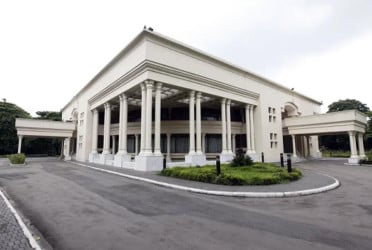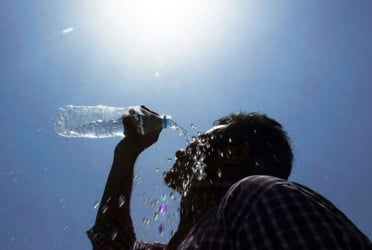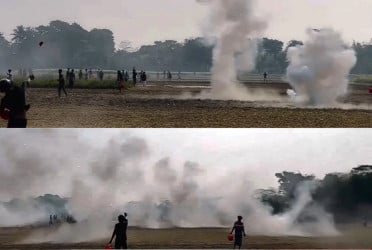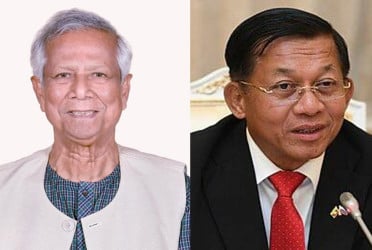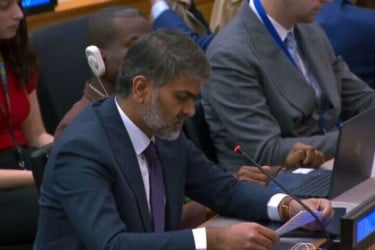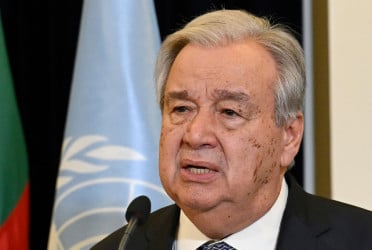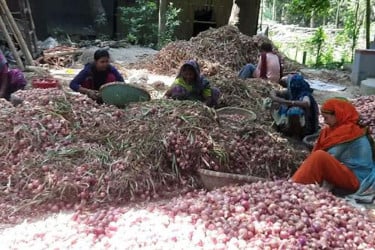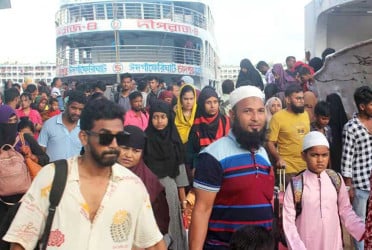The ongoing conflict in Myanmar has triggered a significant increase in the number of Rohingyas crossing into Bangladesh. The government has reported that approximately 80,000 Rohingyas have entered the country, though independent estimates, including those from private organizations, suggest the number has surpassed 100,000. Despite the surge, the issue remains under the radar, as many new arrivals are entering covertly. Rohingyas continue to infiltrate through various border points, with growing allegations that the Arakan Army is forcing their migration through extortion and violence.
Foreign Affairs Advisor to the interim government Touhid Hossain recently acknowledged the gravity of the situation, stating, "Our policy has always been to prevent further Rohingya influx. However, the current circumstances leave us with little choice. They are entering through multiple routes, often with the help of corrupt brokers. These brokers, paid by the Rohingyas, facilitate their crossing, sometimes even by boat." The situation is complicated further by Bangladesh's inability to engage with non-state actors like the Arakan Army, which controls parts of the border area.
One migrant, Md Aroz, shared that he paid 20,000 taka to a broker to enter Bangladesh and seek refuge in Rohingya Camp No. 26 in Teknaf. Despite the efforts of the Border Guard Bangladesh (BGB) and the Coast Guard to patrol the Naf River and the border, local authorities and residents report that brokers continue to smuggle Rohingyas across.
Border residents claim that brokers from both Bangladesh and Myanmar are facilitating this illegal migration, profiting from the crisis. Previously, these brokers earned from supplying goods to the Arakan Army; now, they benefit by assisting the Rohingyas in crossing into Bangladesh.
Zafar, the Chairman of Rohingya Camp No. 25 in Teknaf’s Hnila Union, explained, "Rohingyas are fleeing the ongoing violence in Rakhine. Approximately 300,000 remain in Maungdu, where homes are being burned, and many are trying to cross into Bangladesh for safety."
Abdur Rashid, a local resident of the Phule Dale area along the Naf River, described how brokers evade law enforcement by using boats to transport Rohingyas across the border. He emphasized that without catching these brokers, preventing further infiltration would remain a major challenge. Local sources report that as many as 40,000 to 50,000 Rohingyas are waiting at the Mongdu border to cross into Bangladesh.
Though exact numbers are still uncertain, the Office of the Refugee Relief and Repatriation Commissioner (RRRC) reported on December 26 that 64,718 Rohingyas have entered Bangladesh recently, with 17,478 arriving in the Ukhia-Teknaf camps in recent months. Additionally, 44 Chakma and two Ukhiya Barua community members have sought refuge in a local primary school.
In a recent meeting in Egypt, Bangladesh's Chief Advisor Dr. Muhammad Yunus confirmed that 80,000 Rohingyas had crossed the border, with estimates suggesting the total could exceed one million. Many of the new arrivals are not staying in camps but have sought refuge in rented homes in Teknaf and Ukhia, particularly those with the financial means.
Conversations with the newly arrived Rohingyas reveal that many have lost their homes and businesses in Myanmar. They are crossing the border using various methods to save their lives—some seeking refuge with relatives in Bangladesh, while others head to the Ukhia-Teknaf camps. However, many have not yet completed biometric registration, complicating efforts to track their numbers accurately.
The National Task Force (NTF) on Rohingya issues met on December 24 to discuss the situation and develop plans to register new arrivals. Once registered, these Rohingyas are expected to receive assistance from both Bangladesh and international organizations.
According to local sources, an increasing number of Rohingyas are crossing into Bangladesh via mountain passes, taking advantage of tighter security along the Naf River. The infiltration rate has surged, particularly after the Arakan Army took control of Maungdu city.
Translated by: Jisan Al Jubair
Bd-pratidin English

